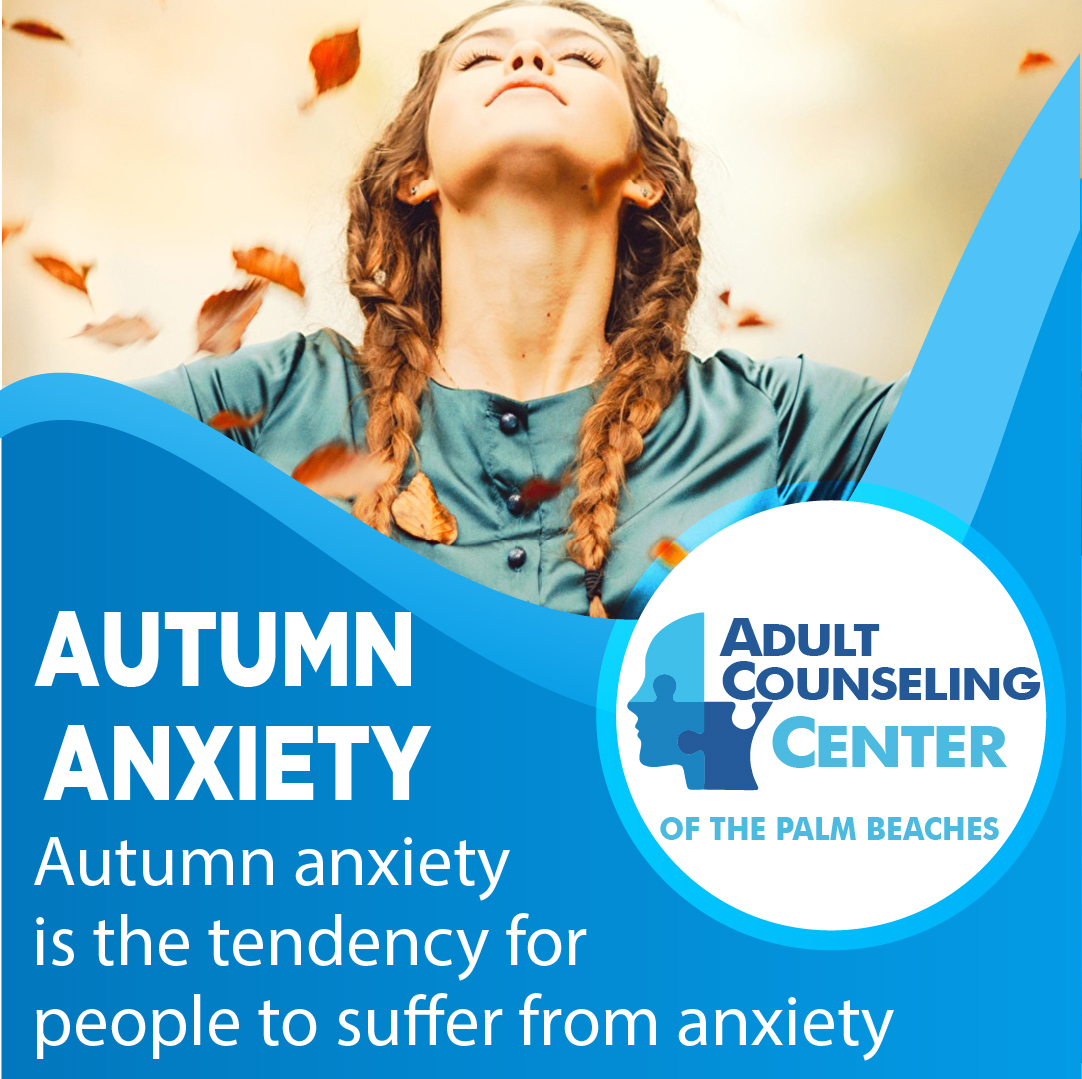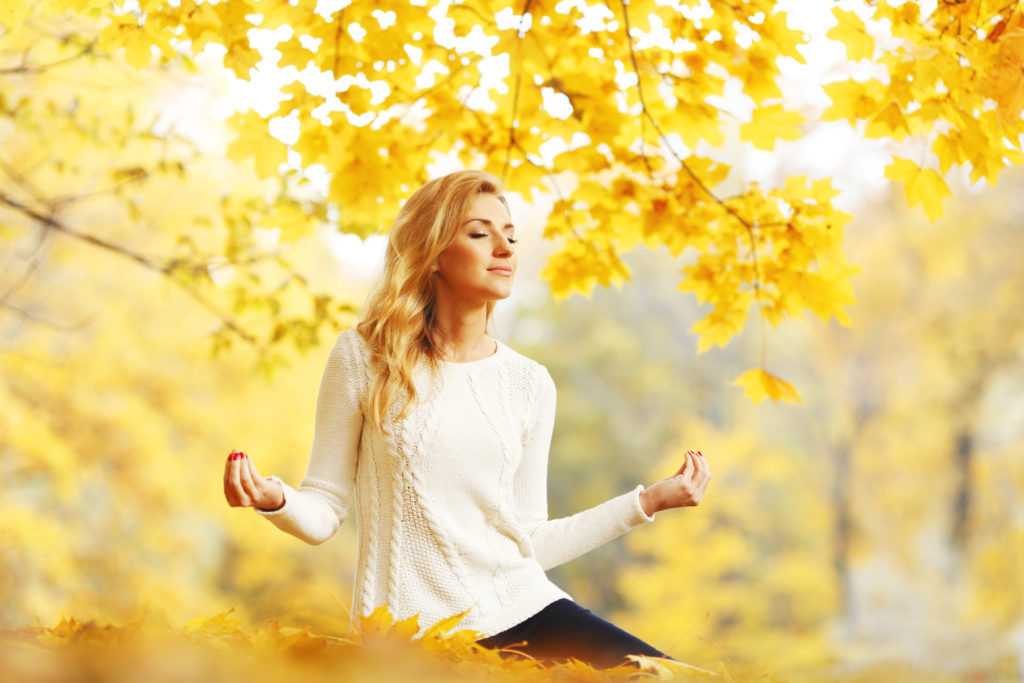
As pool time, sunshine, and longer days are on the way out, and autumn makes its way in, some people find themselves feeling anxious.
“Autumn anxiety is the tendency for people to suffer from anxiety and low mood during the autumn months,” Dr. Clare Morrison, medical advisor at MedExpress, told.
“Unlike other anxiety, there often isn’t an obvious external trigger, and it tends to recur annually,” she said.
She says many people don’t realize how common anxiety in autumn is, and may not recognize it.
“However, if it occurs every year, the pattern will become obvious, and one can take steps to prevent it,” she said.
 Preview Changes (opens in a new tab)
Preview Changes (opens in a new tab)
Morrison points to the following as symptoms of autumn anxiety:
- low mood and depression
- anxiety and excessive worry
- irritability
- lethargy, sleepiness, and fatigue
- loss of interest in everyday activities
“One of the causes is the reduction in sunlight, leading to falling levels of serotonin. This important hormone affects mood, appetite, and sleep patterns. There is also an increase in the hormone melatonin, which tends to make one feel sleepy and depressed,” Morrison explained.
Less vitamin D is another effect of being exposed to less sunlight.
“Lack of this has also been linked with depression,” said Morrison. “Other factors include behavioral changes, because as the weather deteriorates, we spend less time outdoors and do less exercise.”
Is it autumn anxiety or something else?
Patricia Thornton, PhD, licensed psychologist in New York City, agreed that changes in the season can bring about mood changes and anxiety, however, she said autumn anxiety isn’t a recognized condition.
“We usually talk about SAD — seasonal affective disorder. The days are shorter, the nights are longer, the weather is getting colder. There can be anxiety of going back to school and pressure to be academically successful and socially successful,” Thornton told. “Autumn anxiety could be the anticipatory anxiety about getting SAD.” She says transitions can also cause anxiety.
“People who struggle with transitions or any kind of change in life circumstances, like a change in schedule with going back to school, might be anxious because now they have to get up earlier and might get less sleep. This can cause anxiety, particularly if their anxiety is caused by less sleep,” said Thornton.
However, she notes that many clients of hers who have OCD and anxiety disorders feel better when they’re back at school or work and have a routine.
“This is because OCD and anxiety can explode when there is not enough to do,” Thornton said. “If someone is idle during the summer, they are eager to get back to school because they have something to focus on, and that helps them to alleviate their thoughts, worries, and rumination.”

Another explanation for negative feelings during autumn could be what Thornton refers to as, “anniversary reaction.”
For instance, as you get into the cooler months and receive less sunlight, you recall that wintertime is tough.
“This is a phenomenon that occurs usually around anniversaries of events. Sometimes they are traumatic events, like death or assault, but sometimes it’s just a remembrance of a feeling around the time of the anniversary that can invoke feelings, and you might be unaware why you are feeling anxious or depressed,” said Thornton.
“There is a body awareness and unconscious awareness that, ‘Oh, this is generally a tough time, so I’m going to have a tough time again,’” she said.
The end of summer can also bring about feelings of regret for not doing everything you planned to experience or accomplish during the summer months.
“Or if you had a fabulous summer and it’s over, that can be depressing,” said Thornton.
Lastly, the impending holidays are often a source of stress.
“Holidays are fraught for people. They’re not like Hallmark cards, so if you anticipate you are getting into the cooler months and the holidays are coming, and you’re not sure how you’ll deal with Thanksgiving, there can be a lot of stress — especially if you think you should be happy because it’s a celebration,” said Thornton.
What can you do?
No matter what may be causing your anxious feelings during the autumn season, Morrison and Thornton suggest these 6 things may help provide relief:
1. Get more light
2. Exercise every day
3. Change your diet
4. Start something new
5. Reframe your outlook
6. Seek out professional help
Leave a reply










Leave a reply